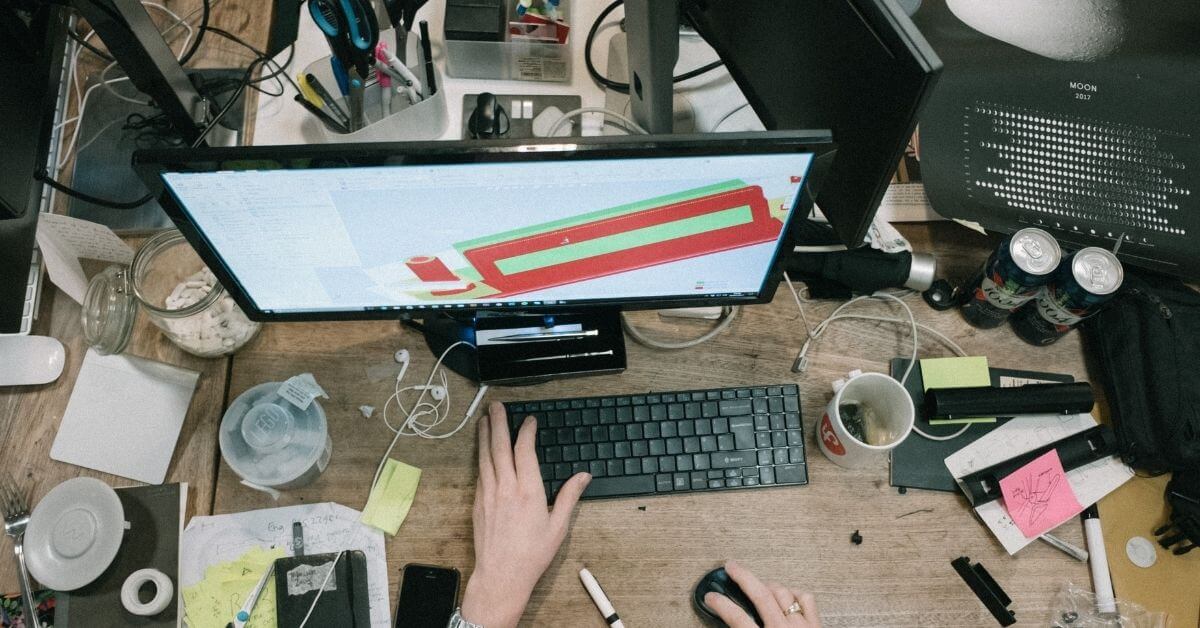– Written by Gabriel Pfeiffer, M.A., LPCC, NCC
Seasons of busyness can be the most difficult for us to stop, breathe, and take a moment to be mindfully aware of how we are spending our mental and emotional energy. Yet these are also the most important times to do just that! When we are busy, our mind goes into a state of urgency that puts aside secondary tasks (like thinking proactively, being creative, and processing emotions) to solve problems and find solutions.
This is a very important ability for us to have.
However, we can easily become overwhelmed by stress and anxiety in this state because it is difficult for our minds to stop thinking about a task until it is resolved or has some closure. Unfortunately, we are not always able to resolve a task before another one comes along. For you, maybe there is a problem at work that your mind has prioritized to fix, yet you encounter another issue when you get home, and then you have to deal with the groceries, laundry, cleaning; and didn’t your friend invite you to that one thing sometime this weekend?
With all the information, problems, and questions that we encounter every day, we can see how the mind can quickly become overwhelmed, and when everything must get done, it can feel like nothing gets done. That’s where having a practice of mindfulness can help us stop, reorient, prioritize, and be present with what is in front of us. A mindful practice is one where we intentionally silence the noise around us and in our head, and just listen. It is practicing purposeful awareness of what we are thinking and feeling without judgment, changing, fixing, or condemning.
Practicing mindfulness can look many different ways.
Journaling, prayer, meditation, coloring, going on a walk, exercising, and cooking can all be mindful activities when you intentionally set aside the buzzing anxiety that says you must fix all the problems immediately. Even commuting home in peak traffic can be an opportunity to practice a mindful moment to turn off the radio and check in with yourself by having an internal dialogue like:
“I can’t control this traffic no matter what my anxiety or frustration is telling me. I am okay right where I am. How am I doing? Is there anything that I am mentally/emotionally carrying from work that I can leave at work? What am I noticing about my thoughts and emotions? What am I noticing about my body? Any areas of tension that I can give my body permission to relax?”
It is important to intentionally take inventory of what we are thinking, feeling, and experiencing in purposeful silence. Without a practice like this, our time, energy, mental capacity, and emotions will be spent with or without our consent. Though it may feel counterintuitive to put time aside to be still when there is so much to do, it is because there is so much to do that it is important. The tasks in our lives want to get done now despite what is convenient, in our control, or priority. An act of purposeful mindfulness is a practice in having boundaries with all that you do in order to advocate for yourself.
Mindfullness is an act of a human being instead of a human doing.
I hope that reading this post has been a mindful activity for you, and I encourage you to take a moment to stop, listen, and be with all that you are right now.







Leave A Comment